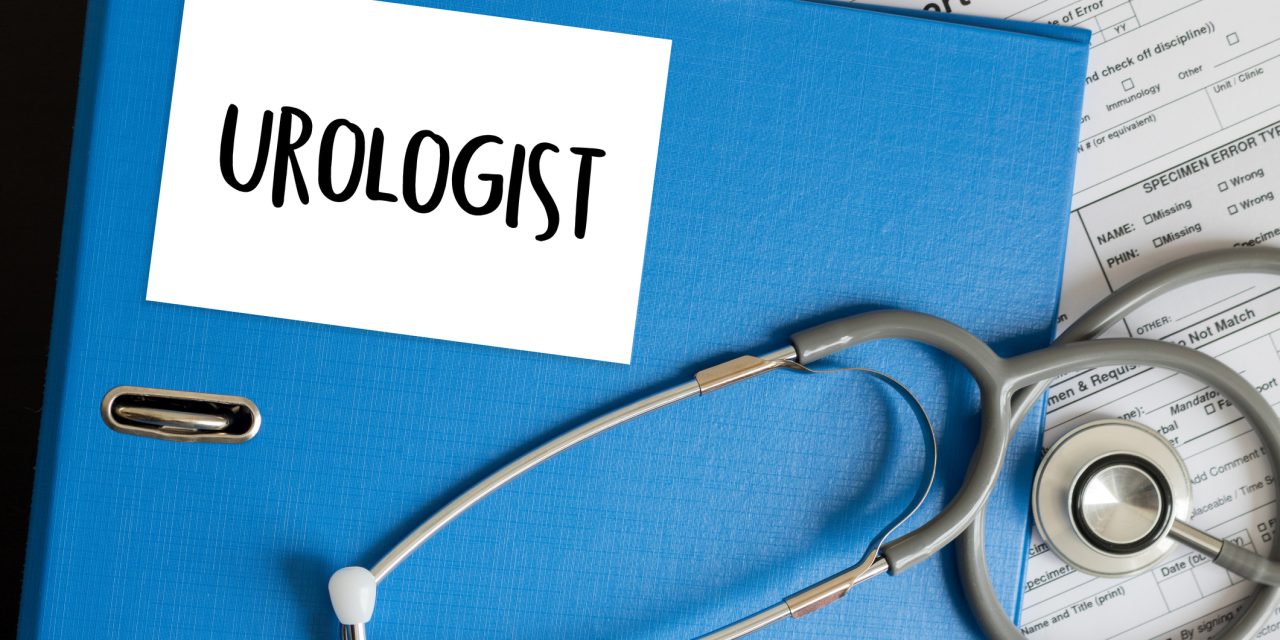Erectile dysfunction (ED) is a common disorder in adult males that results in withdrawal from sexual intimacy, psychosocial problems (ie, poor self-esteem, depression, anxiety), decreased work productivity, and reduction in quality of life for both the men suffering from ED and their female partners. A pragmatic literature review was undertaken using PUBMED to identify original research studies published over the past 20 years that assessed the impact of ED on a male’s quality of life, the impact of ED on a female partner’s quality of life, or the economic impact of ED on employers. Twenty studies were selected for inclusion. This review showed that men with ED have a poorer quality of life than men without ED (n=9 studies). Results from a global burden of illness study showed that men with ED report substantially lower SF-36 Mental and Physical Component Summary scores and SF-6D scores compared to men without ED (p<0.001). Similarly, the partner is also negatively impacted by ED due to relationship difficulties and decreased sexual satisfaction (n=8 studies). Results from the Female Experience of Men's Attitudes to Life Events and Sexuality study showed that females were significantly less satisfied and engaged in sexual activity less frequently after their partner developed ED (p<0.001). ED also poses a substantial economic burden on employers (n=3 studies). An observational study in men aged 40-70 showed that men with ED had significantly higher rates of absenteeism (2x) and work productivity impairment compared to men without ED (p<0.001). Overall, this contemporary review demonstrated that ED imposes a substantial quality of life burden on men and their female partners as well as a significant economic burden on their employers. These findings underscore the need for more education and awareness of the burden of ED and greater access to appropriate ED treatments to help alleviate this burden.© 2021 Elterman et al.
The Quality of Life and Economic Burden of Erectile Dysfunction.


